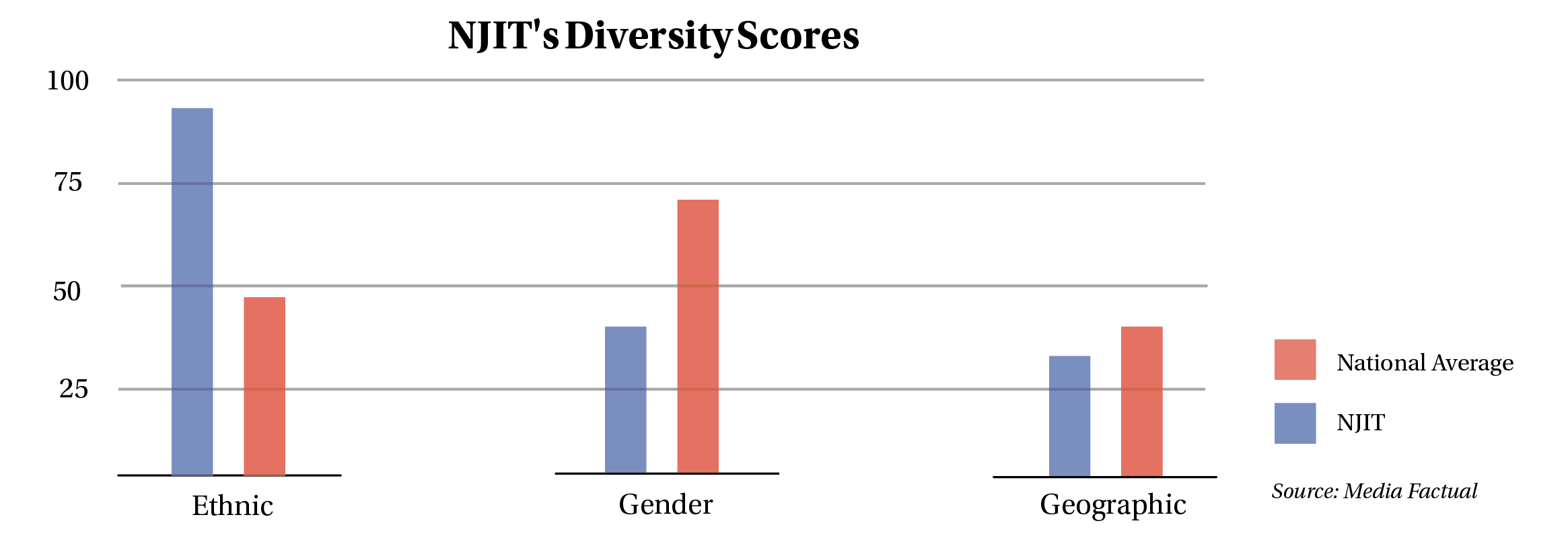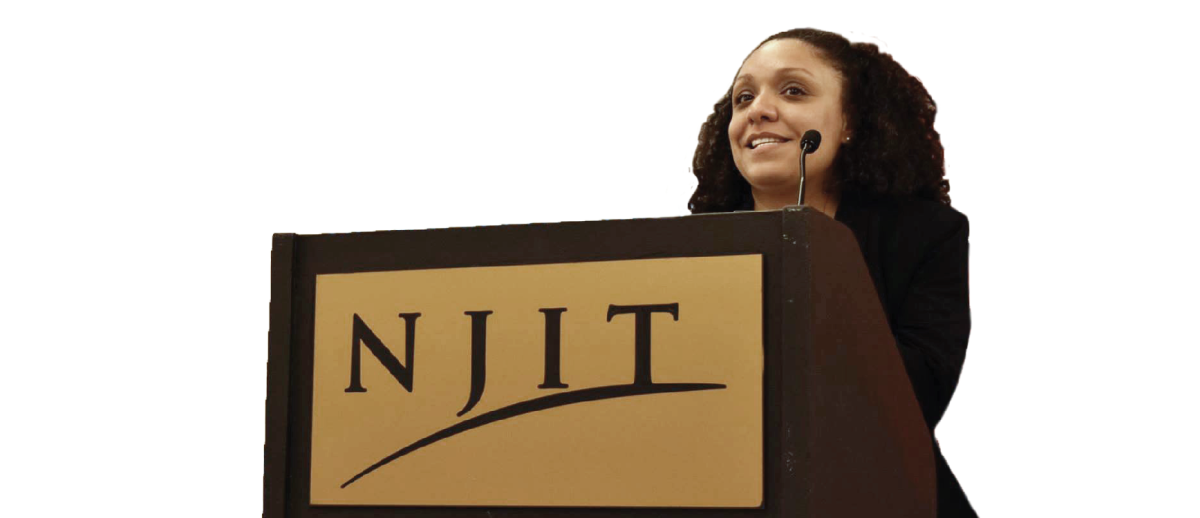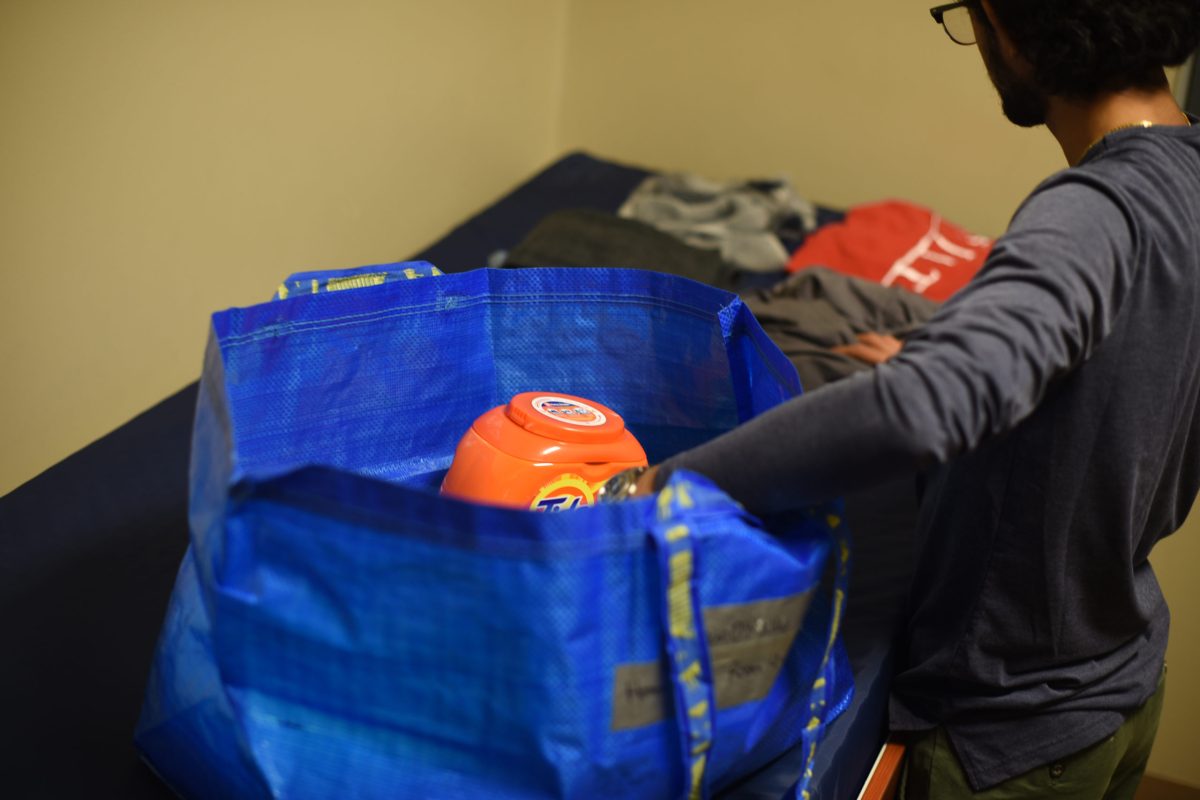
The Diversity Office on campus was closed over the Summer of 2017, when the previous director, Sherlene Ayala, left NJIT for a position at a different university.
The Office of Student Life, relocated to the Diversity Office’s old space on the fourth floor, has since been trying to reinvent the Diversity Office. The challenge lies in finding a passionate professional who can regularly discuss diversity issues with the student body. The traditional lecture-type setting is unlikely to see voluntary attendance.
Raising awareness about diversity requires diligence and ingenuity to keep students engaged. It is a task that the Office of Student Life has been trying to single-handedly manage for almost a year.
Anthony LaViscount, Director of Student Life, and Dean Marybeth Boger have expressed that NJIT is committed to reopening a Diversity Office. LaViscount intends to fill the position, which is posted on NJIT’s job application site, by the end of this semester.
“I want that diversity office back, absolutely,” declared LaViscount. “Our office is actively looking for a replacement while delivering diversity-oriented programs”.
LaViscount recognizes that the position requires flexibility to tailor its attention to its student body.
“Look at the government and politics… There are a number of new diversity issues now that, five years ago, would not have been an issue at all. Part of our role as university administrators is to ask students what they need… but also to look at the bigger picture and see how society is affecting our students and address those new needs,” says Laviscount.
One of the frustrations that plagued the Diversity Office was low event attendance. Samantha Cacdac, a third year Mechanical Engineering student who worked as the marketing coordinator for the Diversity Office, said only about 5-10 people attended events regularly. Turnouts increased when another club co-sponsored or when food was offered, but those were not sustainable options.
“People would come to eat then kind of mentally check out if it was their only incentive” Cacdac said.
LaViscount says low event turnout is understandable. “I think our students are as involved as they want to be. Our school is very rigorous and I understand that our students have to pick and choose. Not everyone has time for diversity or leadership programs when they have physics or chemistry to study for.”
This is not to understate the value of a Diversity Office on campus. Cacdac said that based on student surveys, attendees left having learned something new. Tabling events were especially effective in quickly engaging students in conversations on topics such as sexual and racial identity. The Diversity Office’s social media campaigns, such as for Asexuality Awareness, received a considerable amount of online student engagement.
“Now, more than ever, this office is needed on campus,” Cacdac asserted. She noted that there is an increase in “bigotry, hate, unproductive discussion” and expressed the need for a space not only to welcome the underrepresented but also to educate our peers.
“We [current college students] are tomorrow’s leaders. If we don’t learn how to respect one another now, our future generations will be at a loss,” said Cacdac.
NJIT’s students are excited for a reopening, especially since most did not know the Diversity Office was closed to begin with.
“It’s important for students to take part in events that introduce them to different cultures and learn… NJIT has a diverse student body, and reopening it [the Diversity Office] makes it more accessible” says Maisha Maniar, a third year majoring in Computational Math.
Third year STS major, Kimberly Prince, anticipates that as a result of the closing, “There will be more category specific groups (cultural, denominational and non-denominational), and, hopefully they [the Diversity Office] will start collaborating with them for future events.”
As she looks forward to the implementation of an office for diversity programs, Cacdac stated what students should expect for the future.
“It needs to be run by someone who is passionate about these issues,” Cacdac asserts. “The office won’t provide the same space if its opened under bad leadership, just for the sake of having an office for good press.”
The Office of Student Life seems to have this covered, as seen in its enthusiasm for the future. Dean Boger would like to focus on events such as “Talk-Back to Hate” and “Title IX Teach-In” to educate the student body and organize groups of outreach students.
LaViscount has a different view, steering away from the lectures and tending towards interactive and fun programs. He plans on tapping into focus groups and his connection with Student Senate.







































